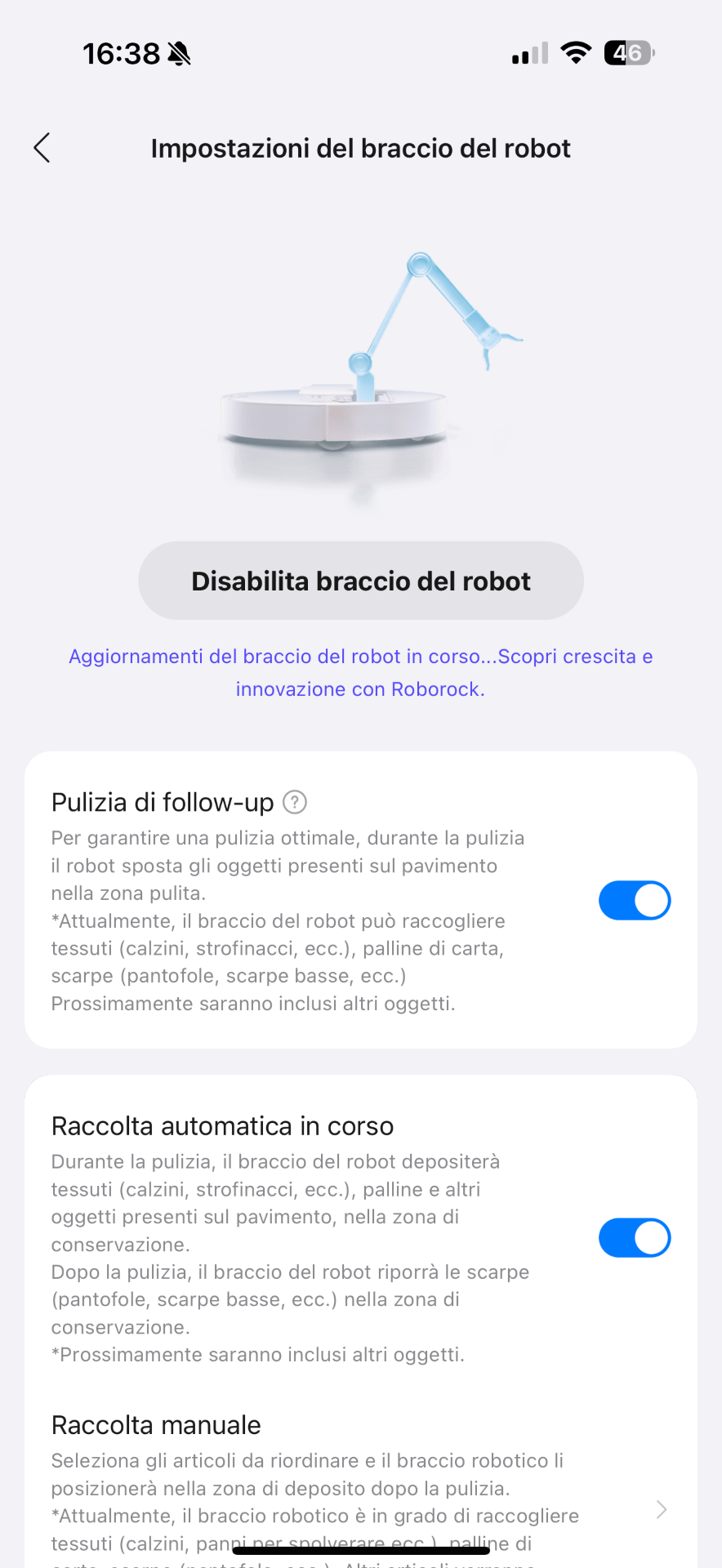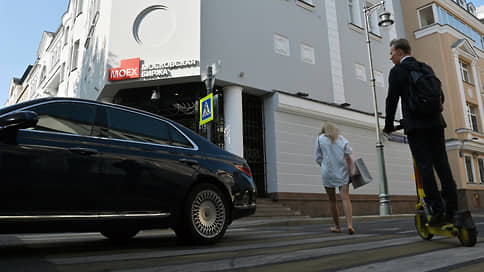Farewell banknotes and coins: for the first time in Italy digital payments have exceeded those in cash. How it happened

The Polytechnic of Milan and a research by the CISL certify it. How our relationship with money changes. The Piedmontese town hall that abolished the cash: « A leap in the 21st century »
There are situations in which Politics goes on one side and the company in the opposite direction. Take the use of cash in Italy: a few months ago the parties « played in defense », claiming that the roof to the use of banknotes and coins should not be lowered but if anything raised. Argued this « Piave line » in the name of the freedom of choice of the citizen And against the Occhiuto regime that banks and credit cards could have exercised. Then it happens that on 13 March last The Polytechnic of Milan I publish a report and what does it find? Than for the first time In Italy the volume of intangible payments (online or with POS) has exceeded that made in cash.
A reversal in the costume and behavior of the Italians which was carried out at the speed of light, almost entirely in the post -Covid years. The overtaking of digital payments on paper is accompanied by other changes that are not necessarily connected but significant: 43% of Italian municipalities – says a research by the CISL – no longer have a bank counter on its territory while the number of public administrations (municipalities, local authorities, healthcare companies) is growing they no longer accept cash payments.
In short, the time has come to deliver the image of the Italians to the archives that keep the money under the mattress. THE’Innovative Payements Observatory He belongs to the Polytechnic of Milan. A few weeks ago he announced a report that certifies the turning point: in 2024 i digital payments For consumption they reached the sum of 481 billion euros, equal to 43% of the total. Traditional ones stopped at 41. The remaining « slice » is represented by other residual methods, for example checks or transfers. More: the most marked growth was recorded by Innovative payment solutions (from Smartphone and Wearable), who have reached an overall transato (online and offline) of 56.7 billion euros, an increase of 53% compared to the previous year.
«It is a trend that we have observed for years – he says Ivano Asaro, director of the Observatory – And that does not only concern the new generations, closer to the use of digital tools, but every age group ». But how did this leap occur just as politics sided in defense of cash? « Simply Consumers but also operators have perceived the advantages – continues Asaro – and the period of the Lockdown has contributed a lot. We got used to online payments and when the stores reopened We no longer went back. Maybe even for hygiene issues related to the passage of the hand of money. Then add that all A series of innovative services, for example car sharing, are not possible regardless of digital payment forms »
Then there are immediately perceptible advantages: less banknotes means time saved and lower errors in cash movements; It means less tax evasion and more safety for traders that undergo less robberies. But also a refractory world to change, such as that of public administration, is now infected with changeAround the peninsula the examples are wasted. To obtain a certificate from Modena Chamber of Commerce You need to have ATM or credit card; ditto to pay the health ticket to the ASL of Foggia. Cash on the ban also to the registry office of the Town Hall of Carini (Palermo) or in the town hall of Grugliasco (Turin).
Emanuele Gaito is 36 years old and is the first citizen Just of Grugliasco: from «Millennial» claims the small revolution implemented in its municipality (36,500 inhabitants) where in addition to demographic services, fines can also be paid only in electronic form: « We wanted to project ourselves in the 21st century » It tells listing the practical advantages. Minor margins of error, transparency, protection for municipal employees, savings (given that the employees are no longer paid for the « cash allowance » provided for by the national contract). But then Gaito also highlights Other aspects, so to speak, « pedagogical »: «Our public body wanted to give a signal, encourage the digital transition that is among the objectives of the PNNR and a change of habits ». Complaints? «A few emails came to me: there are those who claim his freedom of choice, Who says we do a favor to the banks. But in general I would say that the change has been metabolized quickly ».
Parallel to the sunset of the cash, another phenomenon marks the change of the relationship between the Italians and the money. In Italy 43% of the municipalities are without a bank branch; a phenomenon analyzed by the CISL that in a report comes to talk about « Bank desertification » since the phenomenon has undergone an acceleration in the last 10 years. The absence of services of this type is marked in the areas subject to depopulation (for example the Apennine ridge) But in Campania and Puglia it concerns also centers with over 20,000 inhabitants. Over 4.6 million Italians do not have physical access to banking services. In one year (2024) the « desertification » touched 101 more municipalities.
Alessio Vernetti is a Youtrend analystwhich reflected on the results highlighted by the CISL. Can the retreat of the banks have to do with the digitization of payments? «In Italy, in reality home banking remains modest compared to other European countries -It – In France among the people over 65 this share is 53% while in Italy just 33. But the decrease in branches risks putting on In difficulty the fabric of small and medium -sized enterprises. These very often depend on direct relationships with banks to obtain credit e may encounter difficulties in obtaining funding. If excluded from these services, communities can be pushed towards informal and less safe financing systems ». A spiral, therefore, which pushes further towards depopulation and abandonment.
Telling Italy / The paragraphic episodes
Telling Italy/ previous episodes








